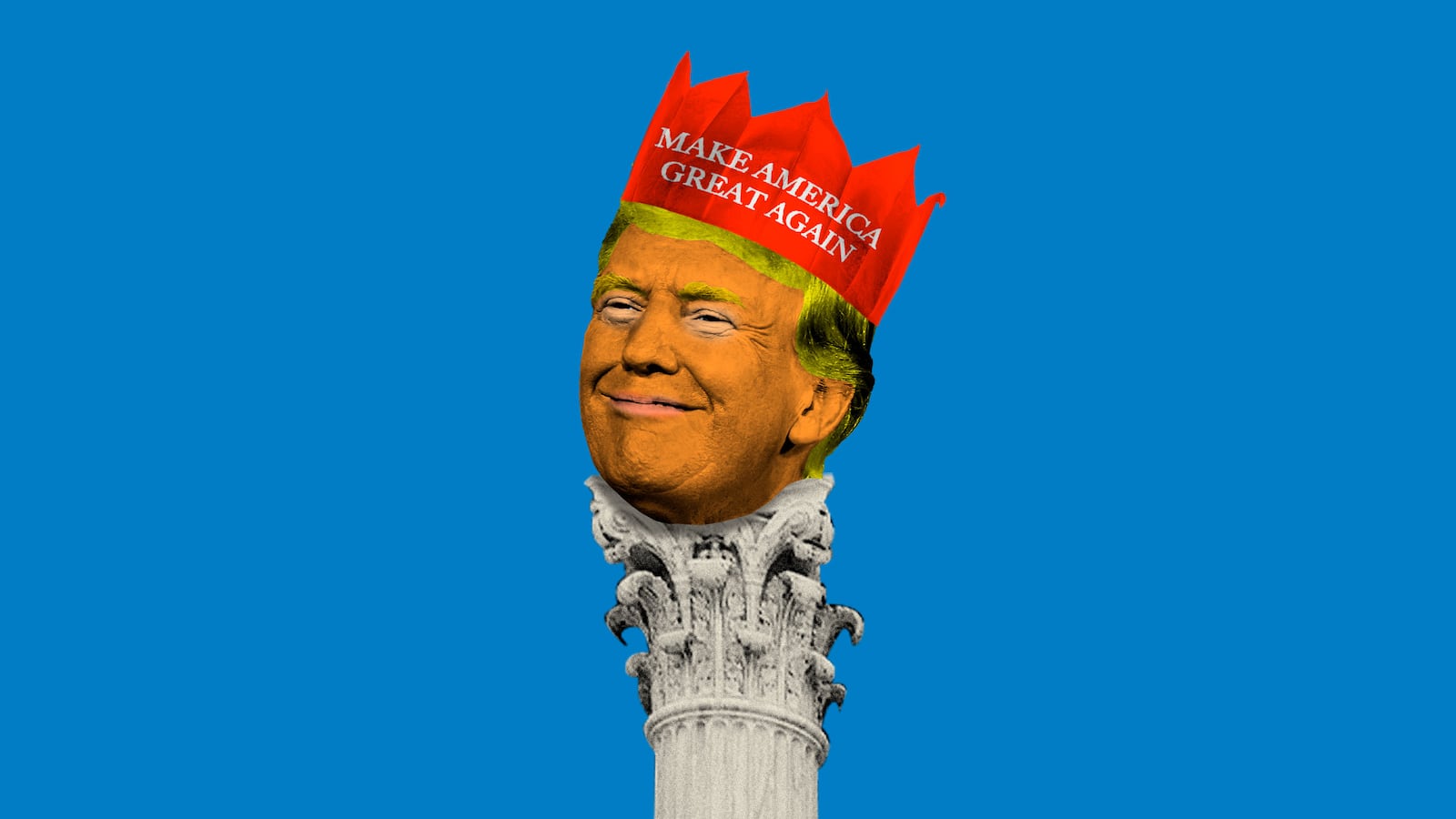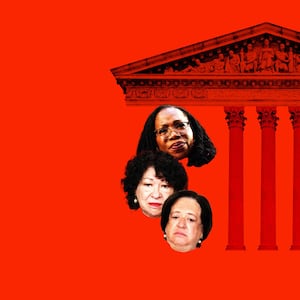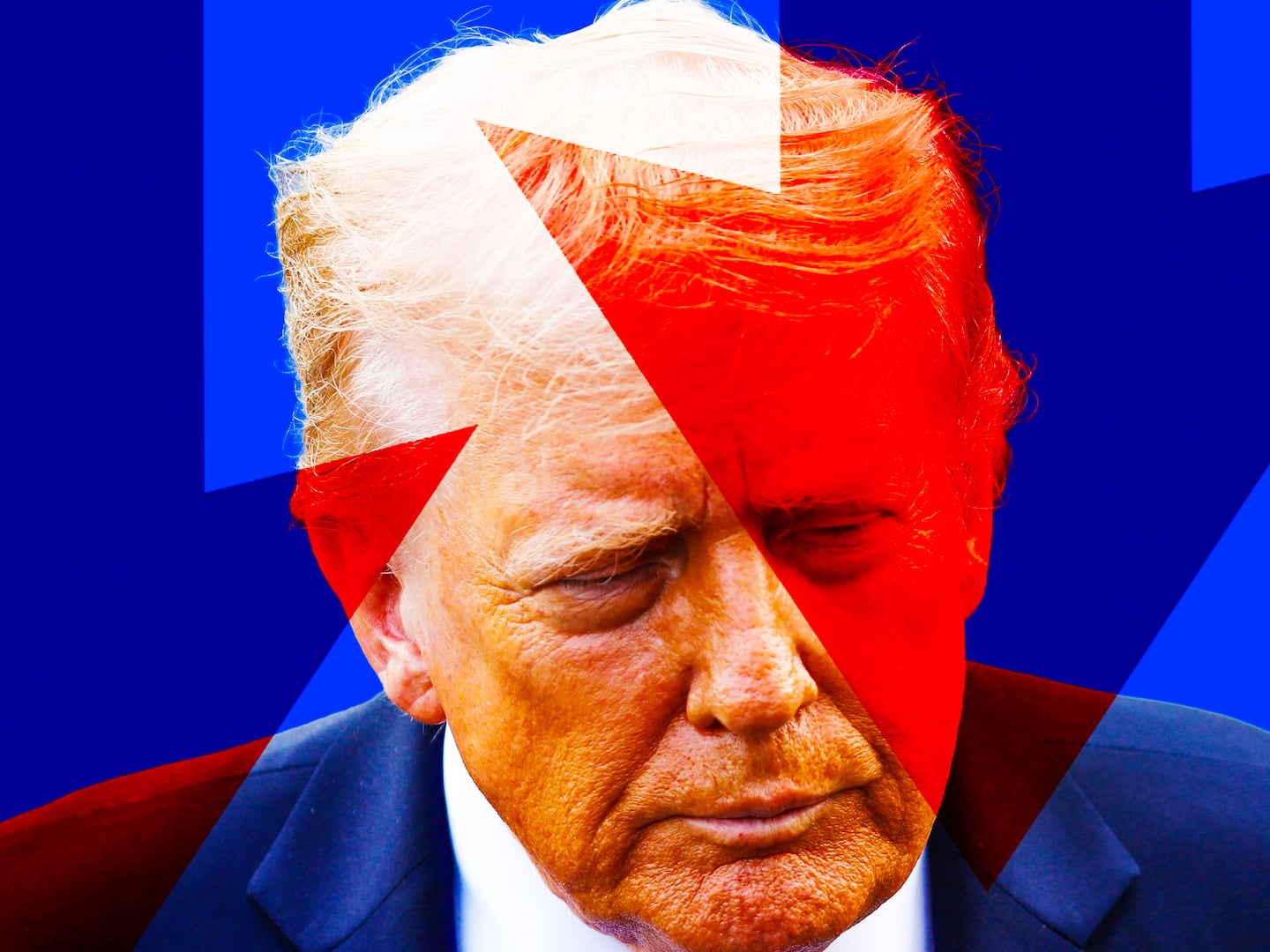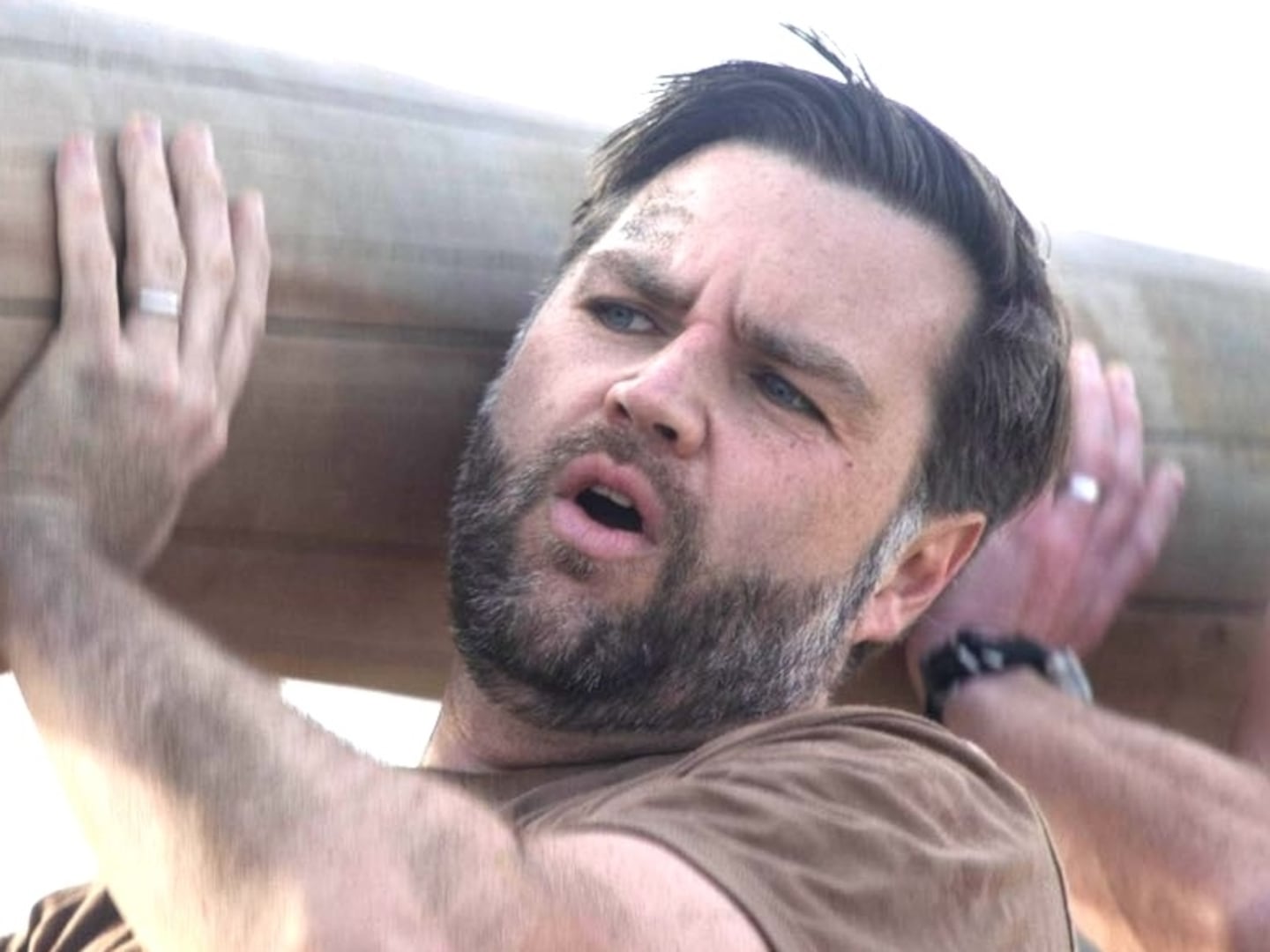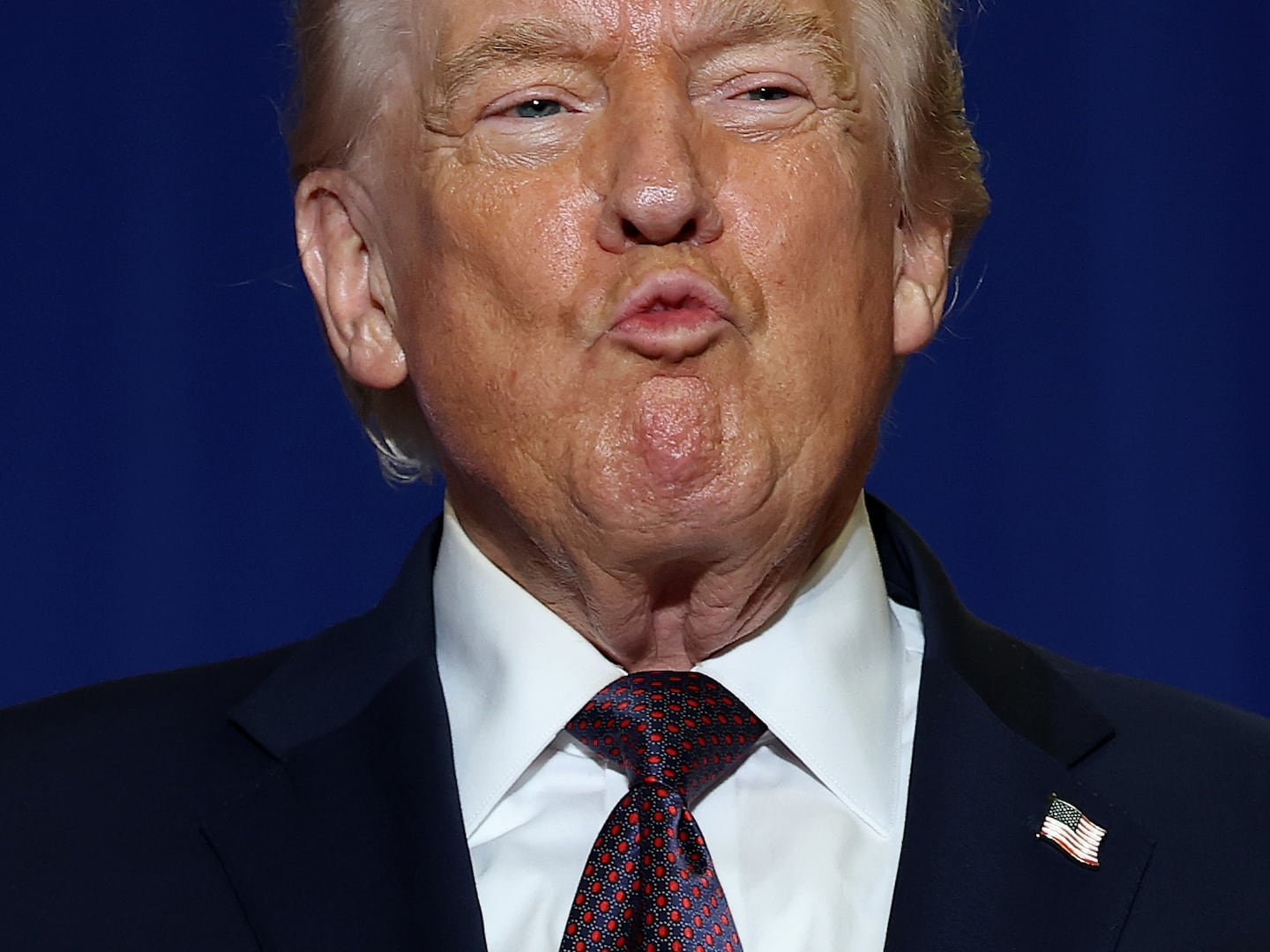Yesterday, the Supreme Court created a broad, unreviewable, and previously unrecognized presidential immunity for so-called official acts, basically blessing the old Nixon line: “When the president does it, that means it’s not illegal.” One could just add “if the president does it, it’s not reviewable,” and you’ve got a shorter version of the Court’s ruling.
But that’s not all the Court did. With a nod to some semblance of sanity, the Court’s majority disclaimed any form of immunity for unofficial acts. But what they gave with one hand they effectively took away with another in several respects.
First, they made it clear that the line between official and unofficial acts is very blurry. Even though they had concessions from the former president’s lawyer in open court that certain acts were certainly not official acts, the Court, nevertheless, sent the matter back to the district court for further proceedings to tease out the official from the unofficial.
This from a court that has, all term, substituted its own judgment for that of other institutions and courts in case after case. Whether it was in a bevy of decisions gutting the administrative state, overruling lower court findings around voting rights, or even ignoring critical facts in a death penalty case, the Court has not hesitated this term to supplant the traditional fact-finding and interpretive roles of lower courts and administrative agencies.
Yet here they found a way to ignore the reality that was staring them in the face and find some humility, to appear as if they were deferring to a lower court to make further rulings. Of course, any such findings by the district court will come back to the Supreme Court on appeal, and, no doubt, it will find its voice again, and assume its newfound role of Factfinder-in-Chief.
But that’s not all they did. The majority found that any effort to hold a former president accountable for unofficial acts cannot even present evidence involving any official acts for fear that might result in a president being effectively subject to prosecution for acts clearly within his or her orbit of immunity.
The majority’s discussion of the former president’s speech on the Ellipse immediately preceding the assault on the Capitol is indicative of the type of limitations, and the Alice-through-the-Looking-Glass quality, of the Court’s decision. The Court reviewed the allegations in the indictment that note the former president’s encouragement via social media to his supporters to attend the rally on Jan. 6 and then his speech before the crowd directing it to march on the Capitol.
As a reminder, here is some of what he said in that speech: “We're going to walk down to the Capitol, and we're going to cheer on our brave senators and congressmen and women, and we're probably not going to be cheering so much for some of them.” He would continue: “Because you'll never take back our country with weakness. You have to show strength and you have to be strong.”
Despite such an exhortation to the mob, the majority opinion wrings its proverbial hands, noting that the president possesses a “‘bully pulpit,’” and may speak “in ways that the President believes would advance the public interest.” Accordingly, the majority wrote, “most of a President’s public communications are likely to fall comfortably with the outer perimeter of his official responsibilities.”
Read: if the president says it, it’s not illegal.
What is more, as the majority would write, in order to assess whether the statements to this crowd consisted of official or unofficial missives requires that a court must know “what else was said contemporaneous to the excerpted communications, or who was involved in transmitting the electronic communications and in organizing the rally.”
While this may seem like a legitimate avenue for analysis generally, what the Court did next should make one’s blood run cold. It then said that the district court, when reviewing the former president’s conduct, may not even consider evidence related to anything that might fall within the president’s official conduct. So, it’s not just that certain conduct is immune from prosecution, any evidence related to such conduct, even if it would shed light on clearly unofficial conduct, may not even enter the court’s analysis, let alone the courtroom.
If, as the majority said, a president often must speak publicly in his or her official capacity, is any public address, including the speech on the Ellipse, off limits as evidence? So that speech, one that encouraged supporters to halt the Vice President’s certification of the election, with members of the crowd ultimately chanting “Hang Mike Pence,” is off limits, and for which the former president is immune? It would appear so.
This would also be true of any order to an employee of the Executive Branch, any member of the military, any statement on social media…the list goes on and on. Not only is the conduct immune from prosecution as an official act, but it cannot even come in as evidence in a case involving clearly unofficial acts.
In the last two years, the Court has issued some of its most consequential rulings in its history. One took away rights from half the population; others have gutted the administrative state; and this one now sets up future presidents to engage in conduct, even to engage in a coup, provided they do so in their “official capacity” in some way. And provided they do so using a government official, make a pronouncement of such actions on social media, or give a speech from the White House balcony, evidence of such conduct or speech may not even enter the courtroom.
Finally, it is hard to believe the majority would have reached such a decision unwittingly. The ruling on immunity is bad enough. It could have stopped there. The aspect of the opinion that goes into the details of what evidence a lower court can even consider shows that the justices in the majority thought this through. They wanted to leave no doubt that, while they were remanding, for the moment, the case to the trial judge, there is no question that they have made it incredibly difficult for the prosecution to prove its case, and for a district court to review the actions of the former president that led to the storming of the Capitol on Jan. 6.
This decision certainly creates an environment in which a future president, if they want to enjoy immunity for his or her action, will engage in nefarious conduct “officially,” harnessing the full power of the office to engage in any conduct he or she may choose. But it is the evidentiary piece of the Court’s ruling, that has gotten less attention for now, that is also an incredibly dangerous aspect of the opinion. Because it is a president’s use of their official powers that is not only immune from prosecution, the facts surrounding that use cannot even come into evidence.
The potential mischief of this aspect of the ruling is obvious, and we are likely to see this unfold in real time, even in other cases currently pending against the former president.
Indeed, Trump’s legal team has already asked to delay the July 11th sentencing date for 34 felony convictions from a New York state court because it plans to argue that those convictions should be tossed out on the grounds that the jury in that trial heard evidence that might possibly could maybe be considered evidence consisting of official acts, even though the actions alleged there were clearly instances involving unofficial acts, unless hush-money payments and falsifying private business records are somehow “official acts” now.
Moreover, are the $83-million verdicts in favor of E. Jean Carroll in jeopardy because the former president was found to have defamed her in statements he made while in office? Could a court throw out those verdicts because evidence of such statements may not enter a courtroom?
And we know that in the classified documents case, Judge Cannon will certainly have a new avenue to delay, if not outright dismiss, all or part of that case. She will have the opportunity to exclude any evidence she might find pertains to official acts by the former president even though much, if not all, of the conduct in question in that case occurred after the former president left office. Even if she rules against the former president on this issue, he will certainly seek to appeal any such decision, delaying even further what is, for all intents and purposes, an open-and-shut case.
It is unlikely the majority reached this decision lightly, nor did it fail to think through the consequences of the decision. What is far more likely is that it knew exactly what it was doing and the procedural aspects of the case are not a bug, but a feature of this ruling. And the nation will not be better for them.

